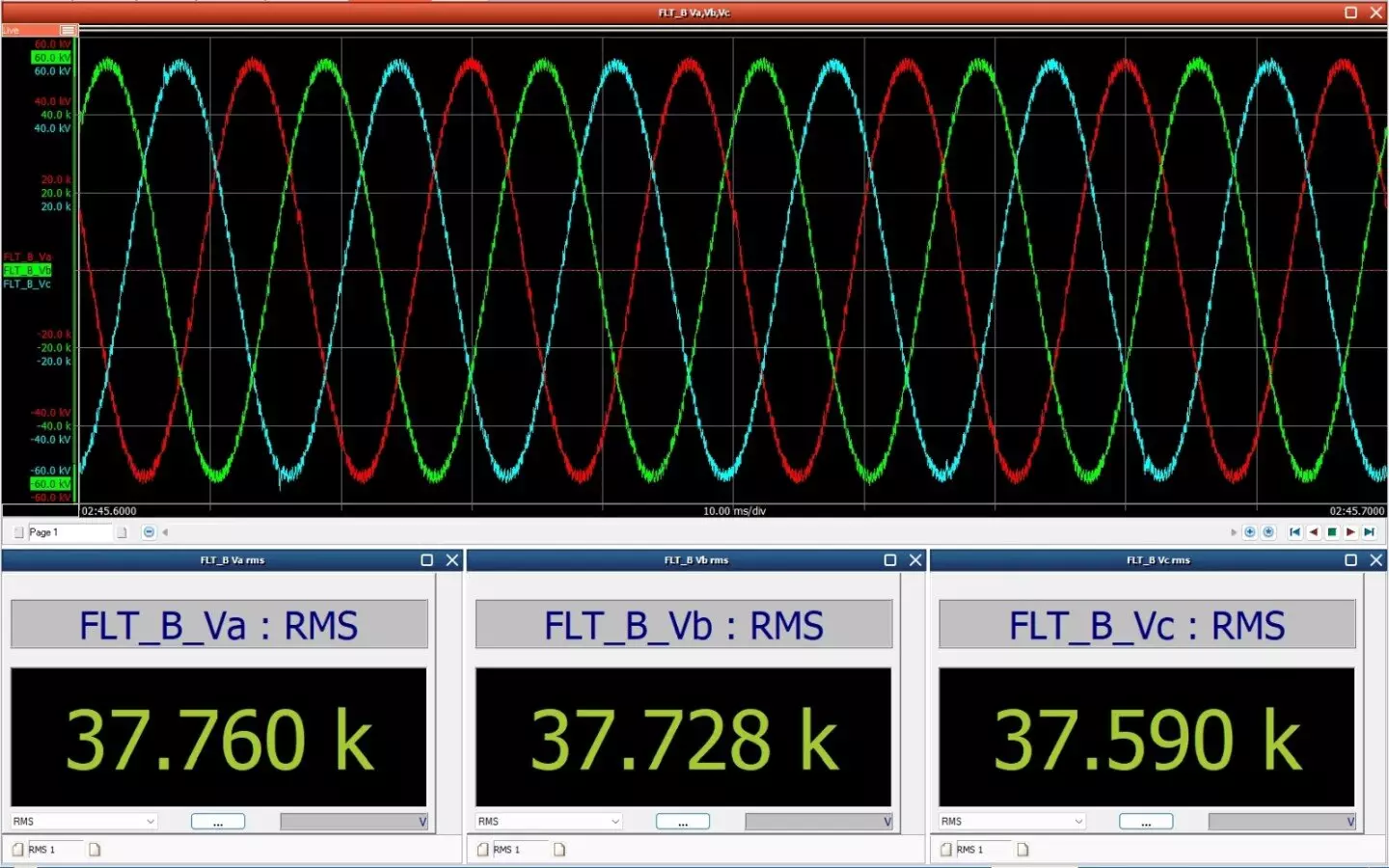The connection of wind turbines to public power grids poses a significant challenge for manufacturers. It is not just about testing the functionality of the turbines, but also ensuring that they comply with the specific electrical properties outlined in the connection rules. Dynamic events such as short circuits and frequency fluctuations must also be taken into consideration. Manufacturers must undergo a series of rigorous tests and certification procedures before receiving their unit certificate to ensure the stability of power grids.
With the increasing size and output of wind turbines, traditional testing systems are struggling to keep up. Large offshore wind turbines, in particular, require more advanced testing facilities to determine their compliance with regulations. The development of new and mobile test platforms has become essential to meet the growing demands of the wind energy sector.
The Mobil-Grid-CoP Project
The Mobil-Grid-CoP project by the Fraunhofer Institute for Wind Energy Systems IWES is a groundbreaking initiative aimed at revolutionizing wind turbine testing for grid compliance. The project introduces a mobile test platform capable of conducting tests on even the largest wind turbines, including offshore turbines up to 28 megavolt-amperes (MVA). This innovative technology enables manufacturers to expedite the certification process and ensures that turbines meet the necessary specifications.
One of the key features of the mobile test platform is its ability to simulate realistic testing conditions at full load. By emulating the electrical behavior of the power grid, the system can evaluate the turbine’s performance during frequency changes, voltage fluctuations, and grid faults in real-time. This comprehensive testing approach allows manufacturers to identify any potential issues and make necessary adjustments before commissioning the turbines.
The Mobil-Grid-CoP test bench offers numerous advantages for the wind energy sector. Manufacturers can conduct robust and detailed tests on their prototypes, minimizing the risk of rework and expediting the certification process. The flexibility of the test platform also enables easy upgrades and modernization measures to be implemented. The ability to combine the test bench with other facilities allows for infrastructure expansion and future-proofing against evolving connection rules.
Preparing for the Future
The Fraunhofer researchers behind the Mobil-Grid-CoP project are not only addressing current challenges but also planning for future developments in renewable energy. By creating a technology platform that supports scenario-based testing and flexibility, the project is ensuring that wind turbine testing remains efficient and effective in the face of evolving regulations. With its innovative approach, Fraunhofer IWES is actively contributing to the transition of energy grids towards renewable sources.


Leave a Reply